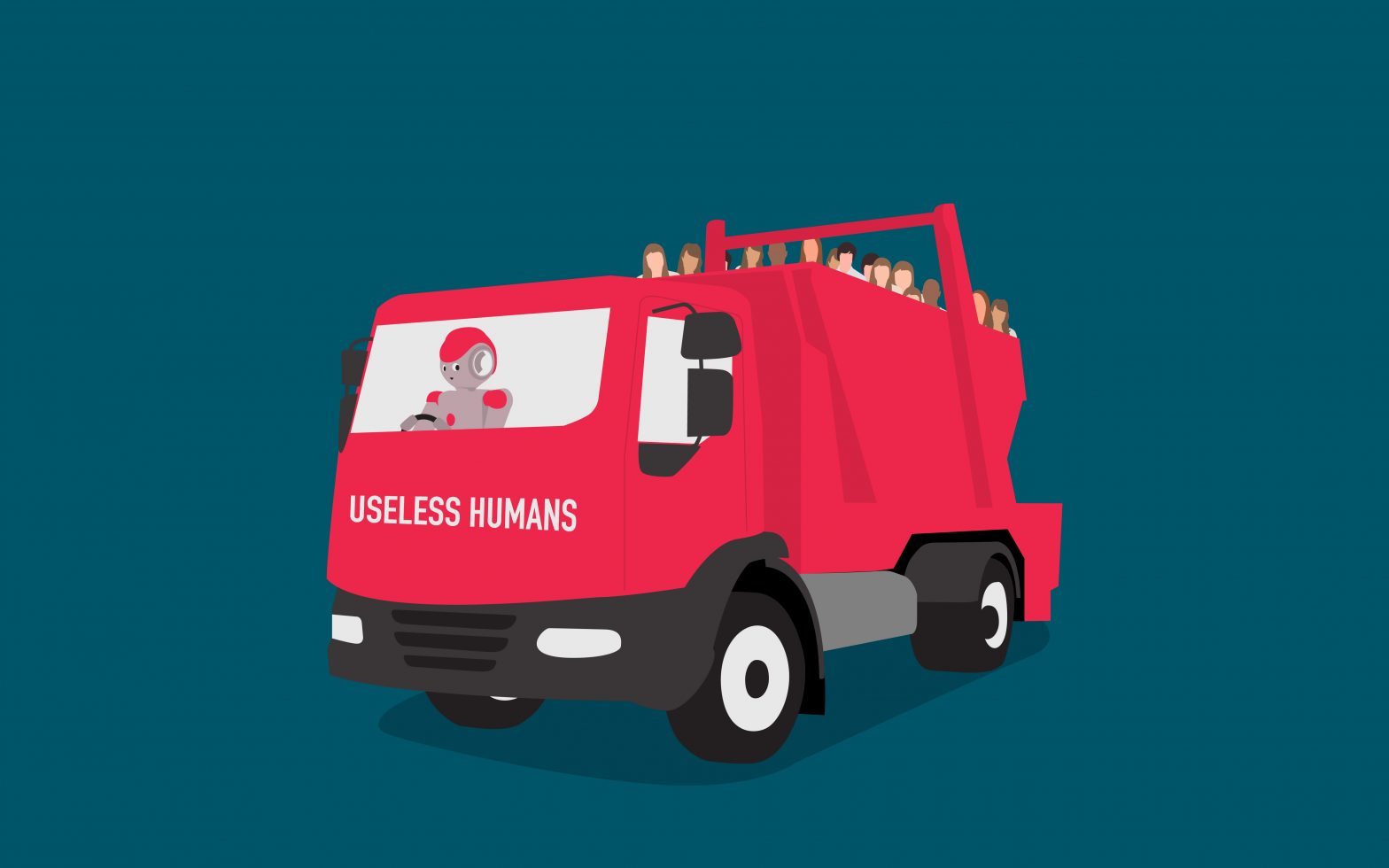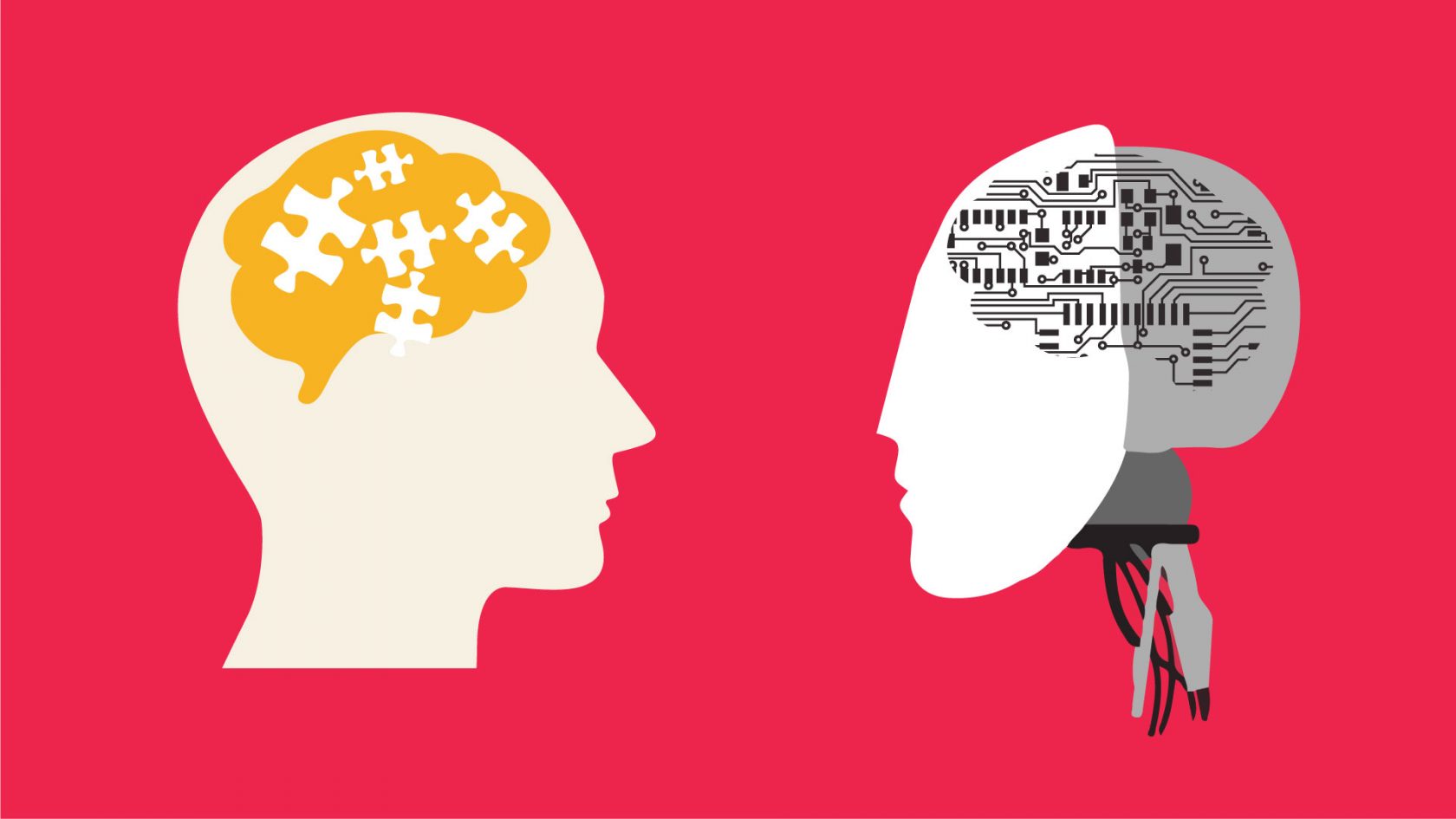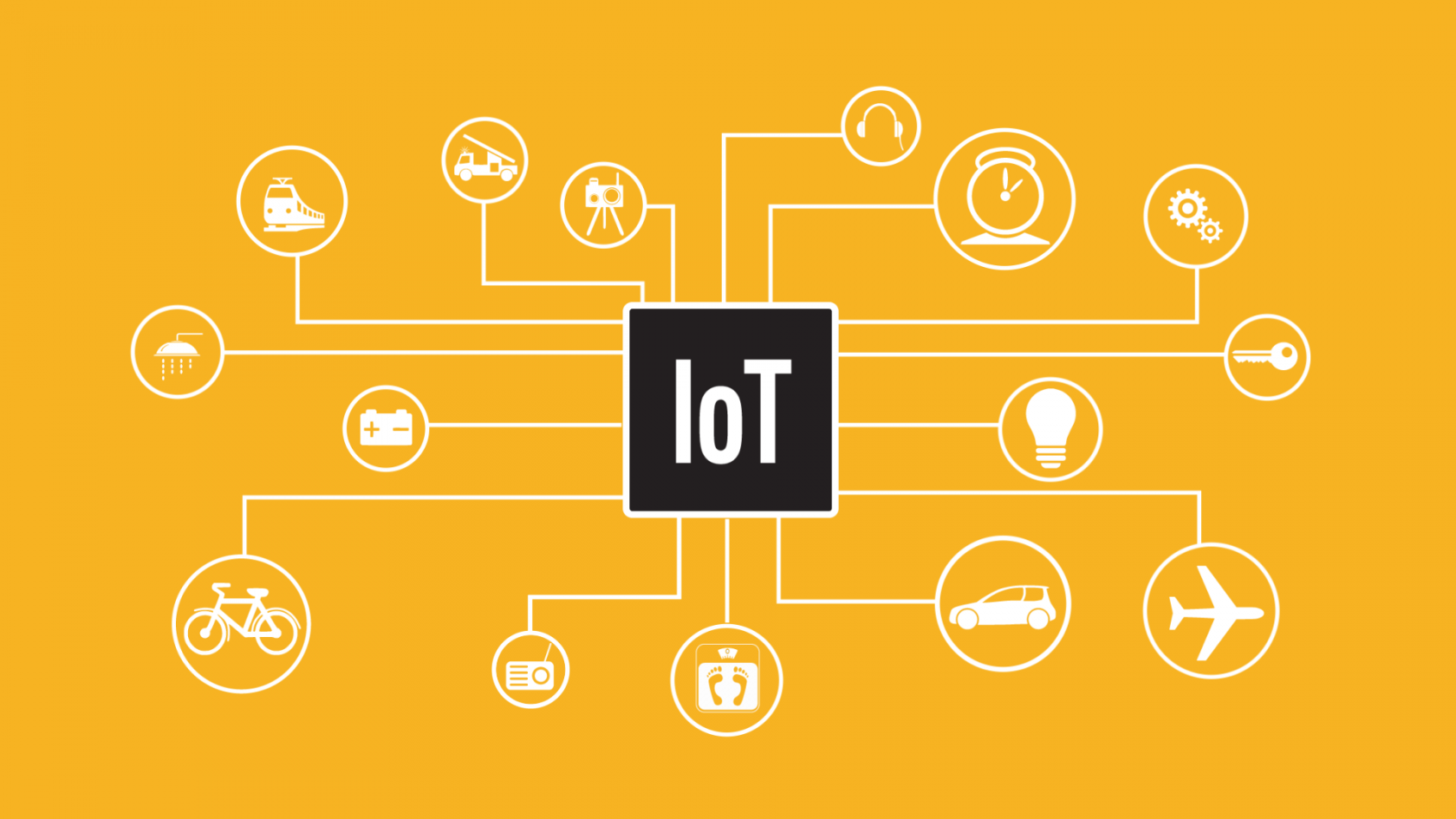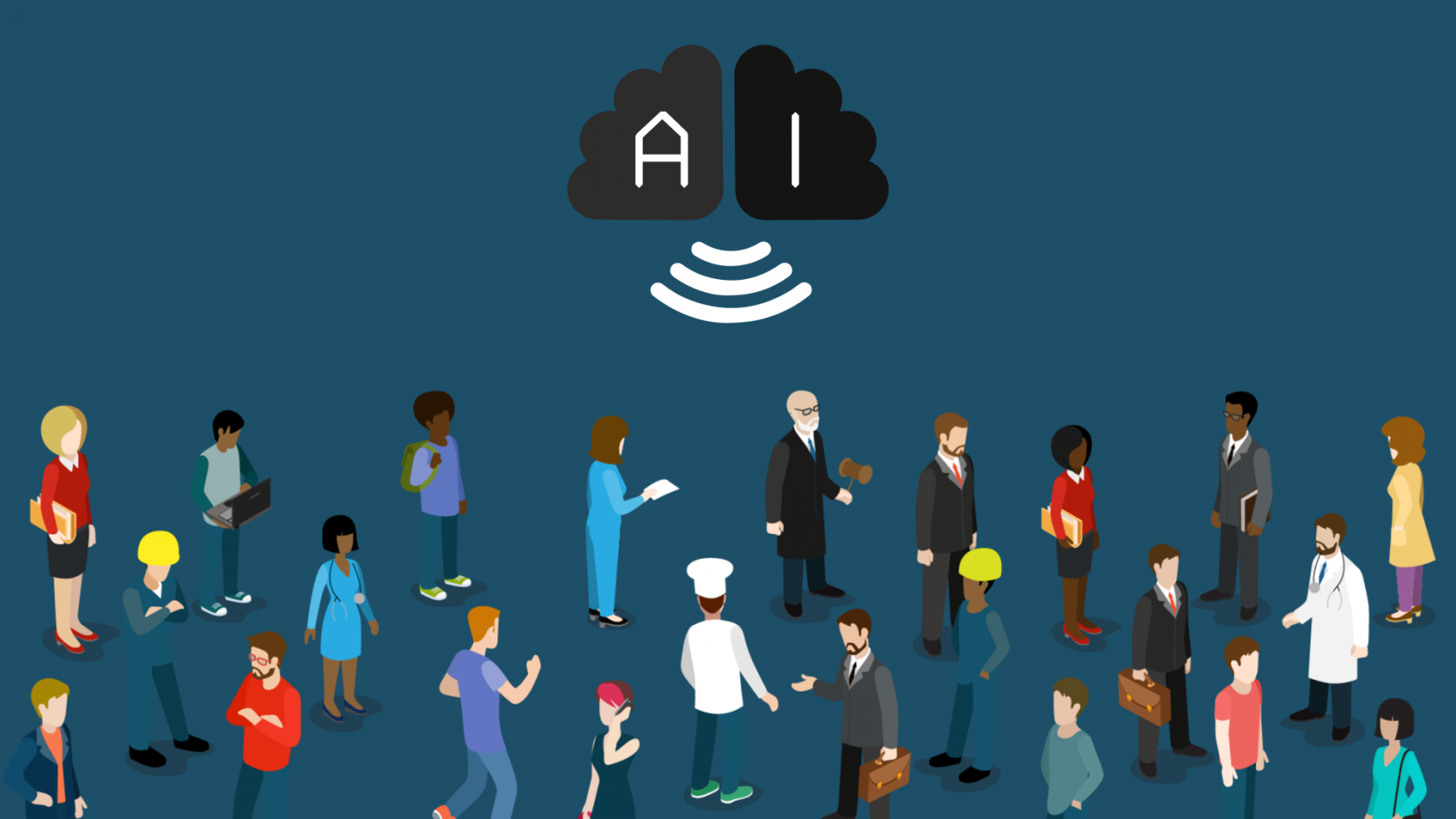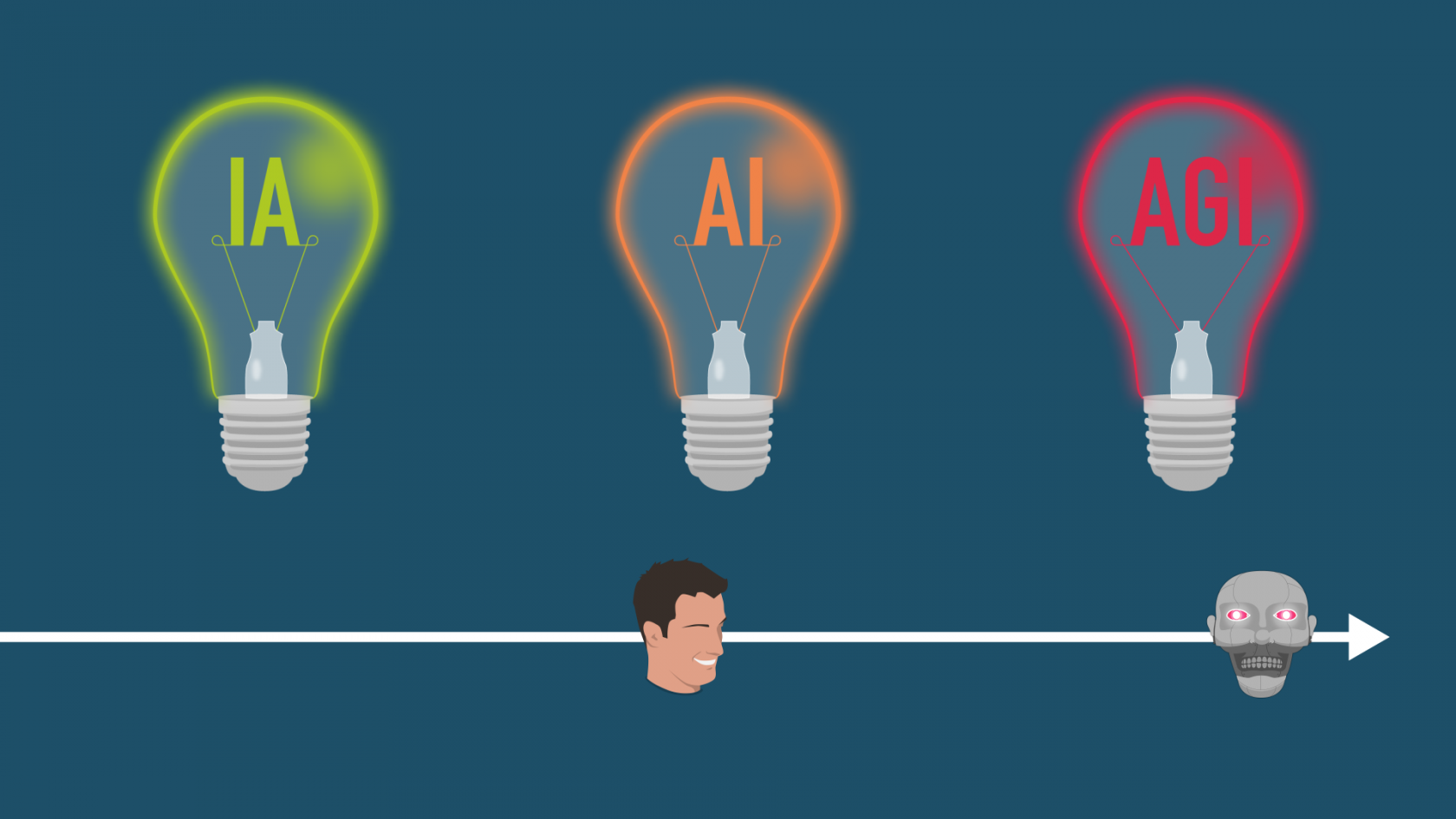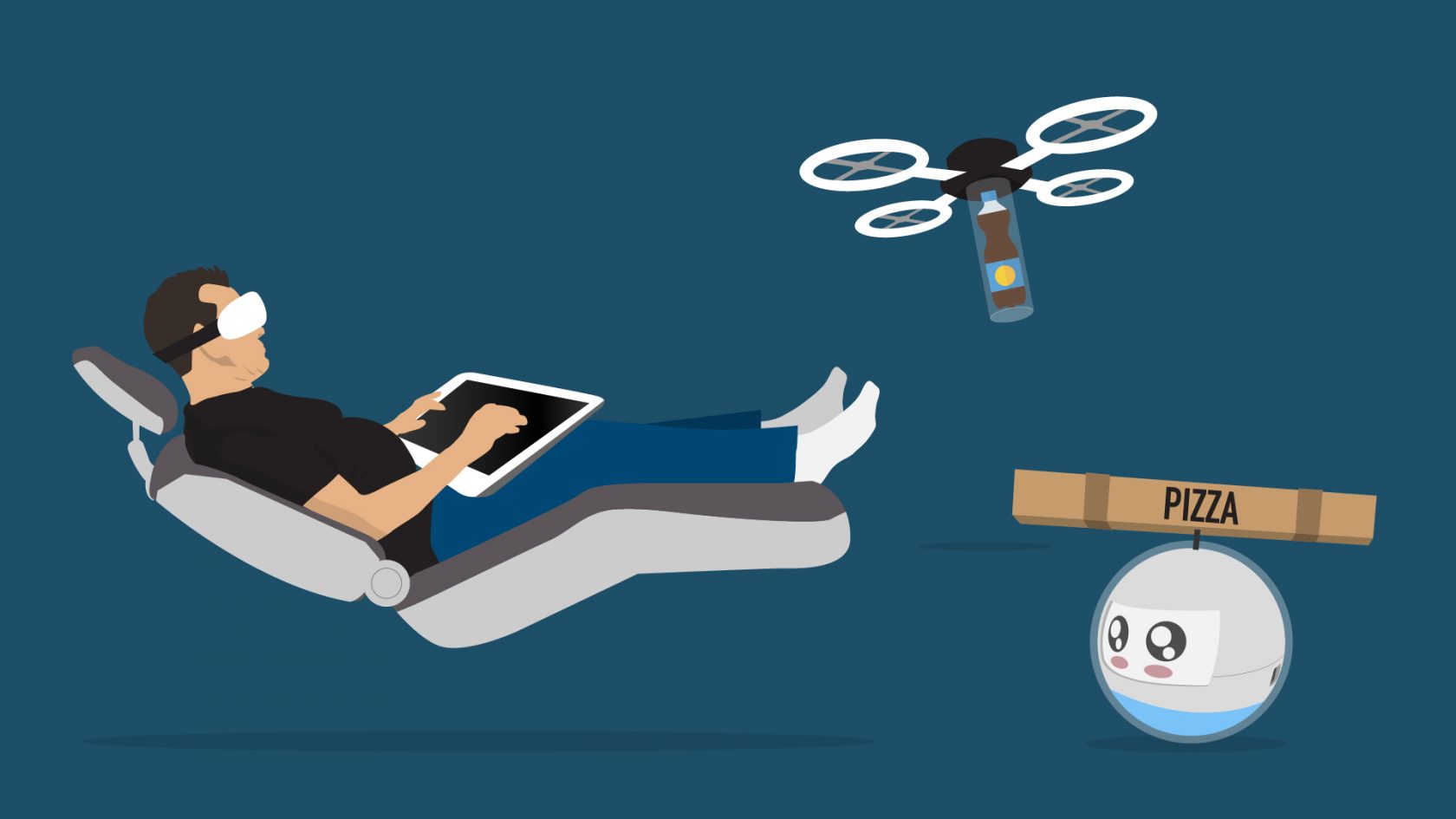Originally published on February 28, 2019, via Forbes.com
In 2016, I published my new best-selling book called Technology Vs. Humanity. The title alone sparked alarmed discussions. Did I think we were in danger? Was technology really going to take over the world? Absolutely not: let me enthusiastically reiterate that the book title is not a prediction. I am a hopeful optimist, a humanist, and someone who still believes that technology can be harnessed for the greater good of mankind. With this in mind, I work to unpack the clues that exist in our current world that could indicate where we are headed in the future. Do I predict the future? No, because that’s impossible. My job as a futurist is to consider what it means to be human in a machine-led world, and the many social, physical, economical and political ramifications of such a place.
Here are some of my key findings that you will find in Technology Vs. Humanity, updated and shortened for this article.
Humanity will change more in the next 20 years than the previous 300 years.
It’s a big call, and I will happily admit that I’ve had some people snicker at this statement. “You’re grandstanding!” they say, “That’s unbelievable!” And whilst it may feel like a dramatic statement, I stand by it. If anything, I consider it to be an understatement when you assess the reality of exponential and combinatorial technological change. When AI (artificial intelligence) meets HI (human intelligence), business as usual is dead. The effect of the changes we’re witnessing surpass pivotal historical moments such as the industrial revolution, or the invention of the printing press. Technology will no longer remain just outside of us, but it is relocating insideof us in the form of wearables, BCIs, nanotechnology, and human genome editing. What we are experiencing is a shift in the very definition of what it means to be human. Before now, technological revolutions have involved the material world around us, but now that infotech and biotech are converging and technology starts going inside of us, the changes will be unlike anything humankind has ever seen before.
Embrace technology, but don’t become it.
What concerns me about the transhumanist debate is the automatic assumption that we have already reached the limits of humanity, and that those limits must be dismantled via some type of technological upgrading. This is not something we should take lightly. Technological progress is clearly not something that we can undo, or stuff back into the box. Technology is growing exponentially powerful, and whilst much of it is likely to have very positive effects on humanity – such as the possibility of ending diseases and solving energy scarcity – some of it could change what it means to be human.
We need to embrace technology and harness its positive powers, but we should not become technology ourselves in the process. Human genome editing may eventually allow us to prevent or even treat cancer, diabetes or Alzheimer's, but this very same technology could allow us to program our babies, or create hybrid human-machine beings. For example, let’s consider language translation tools. Whilst we will use such tools to make our lives easier, we should certainly not discontinue language education and training in our schools. Conversation and unmediated human interaction is crucial to everyday life, and is a precious element of humanity that should be protected. We should not automate human interactions to such a degree that we can no longer function without an internet connection.
In the near future, what will separate man and machine? With human augmentation and brain-computer interfaces (BCIs), we are looking at the distinct possibility that our brains can seamlessly connect to the Internet. Anyone on this planet would love those kinds of superpowers. Yet, if we do embrace this capability as ‘the new normal’ we may quickly cease to be functional without it. Who will decide how far is too far?
Technology is not what we seek, but how we seek.
Increasingly, technology is going beyond being merely a tool to becoming its own purpose instead, from being a servant to being a ruler. Facebook is the best example. Facebook used to be a great tool for finding and connecting to friends; now it is a giant data-mining operation fuelled by AI, and global media empire that generates billions of dollars in advertising. Our ‘tools’ have minds of their own, vying for our time and attention, with agendas that are becoming all too obvious as platforms are bought out and floated on the stock exchange. This will be the epicenter of regulation in the next few years, no doubt.
The future is ‘Hellven’ ( Heaven + Hell )
The changes I discuss in the book cannot be solely categorised as ‘good’ or ‘bad’. They are both heaven and hell, depending on a person or organisation’s ability to accept and absorb them, and depending on our political will to govern these vast new powers. Specifically, both AI as well as human genome editing will surely bring tantalizing gains as well as frightening aberrations – depending on how we govern their power. The question is no longer IF or HOW but WHY and WHO. For example, my opinion on AI is that we need to focus on IA (intelligent assistance – the real and tangible promise of cognitive computing, today), be less obsessed with building broader AI, and regulate AGI (artificial general intelligence) just like we regulate nuclear weapons (with NPTs).
Digitization and automation is often a giant boost for efficiency and thus can be ‘heaven’ for large enterprises but it can also be hell for their employees. Just have a look at human resources analytics. Generally, datafication, automation, cognification and virtualization (what I call the Megashifts, see below) can slash costs dramatically but will also significantly increase security and safety risks (think IoT), and have huge impact on privacy and human agency, at large. Technology is morally neutral until we apply it (says William Gibson) – and we apply it everywhere now! This new world will require wisdom and foresights from its governing bodies because exponential technologies will redefine what it means to exist as a human being. In my view, every politician and public official should be required to pass a ‘future-readiness test’; kind of a driver’s license for the future.
The Megashifts
I’m often asked what the greatest change is likely to be in the future. My answer? There isn’t just one (as in ‘digital transformation’) – In Technology Vs. Human I look to multiple key changes which I call the ‘megashifts’. They will create huge new opportunities, challenge existing business models, rewrite social contracts, and redefine humanity at large (you can download the free Megashifts chapter here, in 5 languages). Megashifts are always combinatorial and usually arrive ‘gradually then suddenly’ to transform the basis of whole industries and societies. They unleash continuously dynamic forces which shape and reshape life as we know it unpredictably.
Here are a few of them:
- Digitization: everything that can, will become digital (and then…. smart i.e. cognitive)
- Disintermediation: many traditional middlemen are suffering because technology makes it possible to ‘go direct’. Examples include record labels, publishers, advertising etc – next are transportation, banking, insurance, food, healthcare and energy
- Datafication: what used to happen between-people i.e. not recorded or mediated, is now being turned into data, e.g. electronic medical records vs talking to the doctor
- Cognification: everything that used to be disconnected and therefore ‘dumb’ is now becoming connected and intelligent, such as cities, farms and agriculture, cars, shipping containers etc (IoT, IoE)
- Automation: any routine that can be automated, will be – this is a huge driver of technological unemployment, but not necessarily all bad news, imho
- Virtualisation: this is no longer just about physical things that become digital (‘software is eating the world’) but also about virtual friends (such as Hello Barbie) and digital assistants
- Augmentation: humans will increasingly use technology (such as AI and VR) to augment themselves; the quest to become omniscient, omnipresent and omnipotent, i.e. to become ‘super-human’ is can be observed everywhere.
The Global Brain is here
9 Billion people will be online by 2030. Everything we do will soon be tracked, logged, recorded and analysed, everywhere and anytime. Technology companies around the world are all building their own Cloud Operating System that can be thought of as huge and constantly learning ‘brain’. This Global Brain is fed via billions of users contributing via data feeds and mobile devices. Facebook already runs a global social operating system, and LinkedIn runs the ‘OS for work’. Google is truly building a Global Brain. But what will happen to our own brains once we are constantly connected to this miraculous new global brain? Use it or lose it? Will we become useless or irrelevant without it, because we increasingly ‘forget ourselves’? And more importantly – who is in charge of what this brain ‘thinks’?
Beware exponential abdication, de-skilling and ‘forgetting ourselves’
The average pilot on the average commercial flight in the U.S. now spends less than 3 minutes actually flying the plane. Pilots that ‘forget how to fly’ has become a major concern for airlines as the so-called glass cockpit problem is growing exponentially. Increased automation has made it virtually impossible for a human to jump into a dangerous situation in often less than 10 seconds, and still make the right decision. Are we slowly forgetting what it means to be human, too? Many people will not eat anywhere that TripAdvisor will not recommend, whilst others don’t go to sleep without monitoring devices strapped to their wrists. Even the most primal of human functions are now automatable – I read the other day that a new bluetooth device measures the temperature of a pregnant woman’s birth canal, in order to predict when contractions will set in!
Our blind trust in technology, and our inclination towards viewing machines as superior, per se, is truly frightening. The first major accidents with self-driving cars are happening everywhere – and not usually because the system actually malfunctioned, but because the driver overestimated what the autopilot can actually do. Similarly, large corporations are increasingly let HR analytics software measure the performance of their employees, and then decide who is dispensable based on that information. I believe that we must maintain faith in those human elements that technology will and should never replace: instinct, creativity, empathy, intuition and imagination (what I call the Androrithms in my book).
I'm an optimist and I really believe that the future is by not something to be feared – in fact, I believe that is better than we tend to think! Yet without global governance and the injection of ethics and humanity into the dialogue, there’s no knowing where the unstoppable tech revolution will take us.
This is why I have been proposing the creation of a Global Digital Ethics Council (GDEC) that would provide guidance to governments and businesses alike.
Societies are driven by their technology but defined by their humanity!
Download the PDF: As Technology Becomes Cognitive, All Paths Must Lead To Collective Human Flourishing
Other media coverage about Gerd's work
Some related images, as usual!



